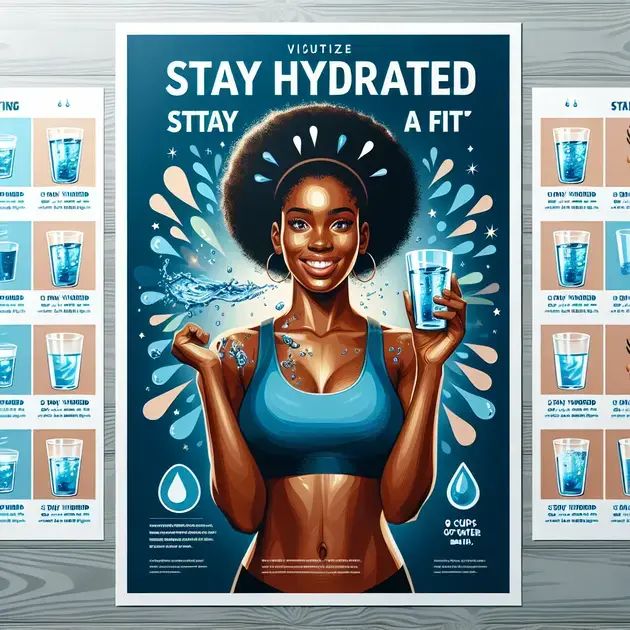“`html
The Importance of Hydration: Debunking the “Eight Cups a Day” Myth
Public health recommendations frequently advise individuals to drink eight cups of water a day, a guideline that has become ingrained in popular health folklore. Many people accept this mantra, believing that consuming large amounts of water is inherently healthy. However, while adequate hydration is crucial for maintaining overall health, the notion that everyone needs to drink exactly eight cups every day is not as straightforward as it seems.
Understanding Hydration Needs
Hydration needs can vary significantly from person to person. Factors such as age, sex, weight, activity level, and environmental conditions all play a critical role in determining individual water requirements. For instance, someone who is very active or lives in a hot climate may need more water than someone who is sedentary or resides in a cooler area. Additionally, certain health conditions and medications can influence hydration needs, making a one-size-fits-all recommendation problematic.
The Role of Diet in Hydration
It’s essential to recognize that hydration doesn’t solely come from drinking water. Many fruits, vegetables, and other foods have high water content and contribute to overall fluid intake. For example, cucumbers, oranges, and watermelons are not only nutritious but also help keep the body hydrated. Therefore, when calculating daily hydration, one should consider all sources of fluids consumed throughout the day.
Signs of Hydration
Rather than strictly adhering to the “eight cups a day” guideline, individuals should listen to their bodies. Thirst is a natural signal indicating that it’s time to drink. Additionally, the color of one’s urine can serve as a good indicator of hydration status; pale yellow urine often suggests adequate hydration, while darker urine may indicate the need for more fluids.
Health Benefits of Proper Hydration
Staying well-hydrated has numerous health benefits. It aids in digestion, helps regulate body temperature, and supports joint lubrication. Moreover, adequate hydration is crucial for cognitive function, energy levels, and overall physical performance. Yet, it’s equally important to avoid overhydration, which can lead to a rare but serious condition known as hyponatremia, characterized by dangerously low sodium levels in the blood.
Conclusion
While drinking sufficient water is vital for health, the specific amount needed varies from one person to another. Instead of fixating on the eight-cup benchmark, individuals should focus on understanding their own hydration needs, recognizing the signs of their body, and incorporating fluid-rich foods into their diets. By taking a more personalized approach to hydration, individuals can maintain optimal well-being without the pressure of adhering to generalized guidelines. In conclusion, hydration is essential, but flexibility and awareness of personal needs are key to truly effective hydration strategies.
“`
